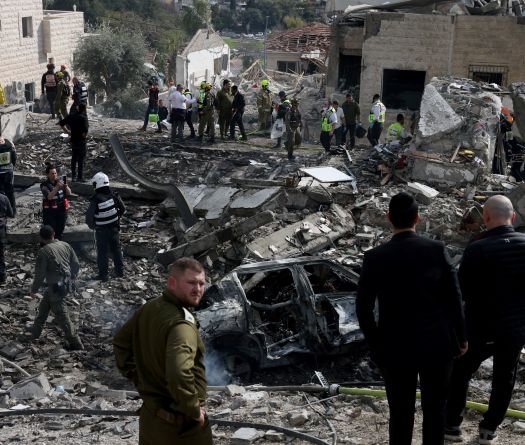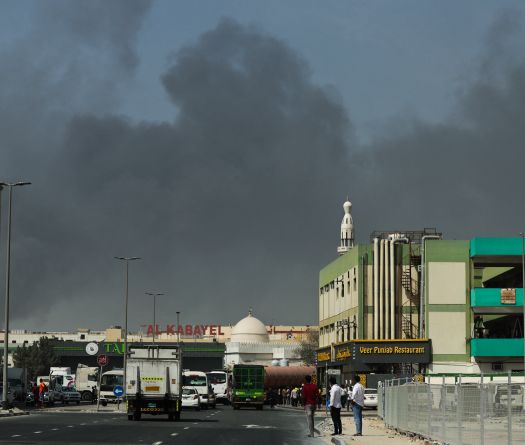
- 16:52 Three US military members killed in Iran operation: Pentagon
- 16:47 AFP journalists hear blasts in Kabul, see air defence fire
- 16:27 Two ships attacked in Strait of Hormuz: maritime agencies
- 16:26 US embassy warns of threats to US interests in Iraq, says protests may turn violent
- 16:21 MSC shipping company tells all vessels in Gulf to head to 'safe shelter'
- 16:15 Saudi intercepts missile attacks on airport, base: Gulf source briefed on matter to AFP
- 16:13 UAE says drone attack caused fire at Abu Dhabi naval base
- 16:00 Iran Guards say targeted US aircraft carrier USS Abraham Lincoln
- 15:53 Pakistan PM says Khamenei killing a 'violation' of international law
- 15:51 World's biggest container shipping firm Maersk suspends vessel transit through Strait of Hormuz


Israel Warns Hezbollah of “Severe Blow” as Group Condemns U.S.-Israeli Strikes on Iran
This is Beirut 28/02 17:50

Lebanese Authorities Warn Hezbollah Over Escalation Risks as Regional War Rages
This is Beirut 28/02 14:10

Israeli Airstrikes Target Southern Lebanon Amid Escalation with Iran
This is Beirut 28/02 11:10

Israel Deploys 91st Division to Lebanon Border as Lebanese Leadership Warns Against “Adventures”
This is Beirut 28/02 10:15
See all


Israel Says Half of Iran’s Missile Arsenal Destroyed
This is Beirut 12:45

Iran Targets Cyprus After Khamenei’s Killing
This is Beirut 12:10

Gulf States Brace as Iran Strikes Continue; UAE and Qatar Report Interceptions
This is Beirut 11:55

Strikes Hit “Heart of Tehran” as Iran Launches New Missile Barrage on Israel
This is Beirut 11:35

































